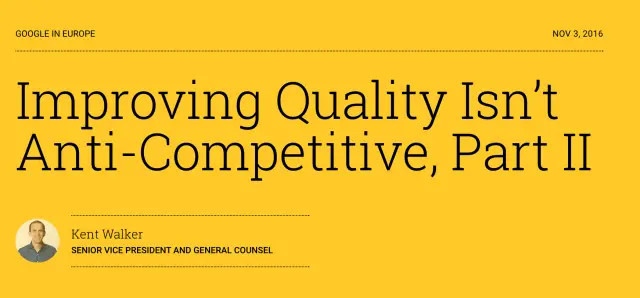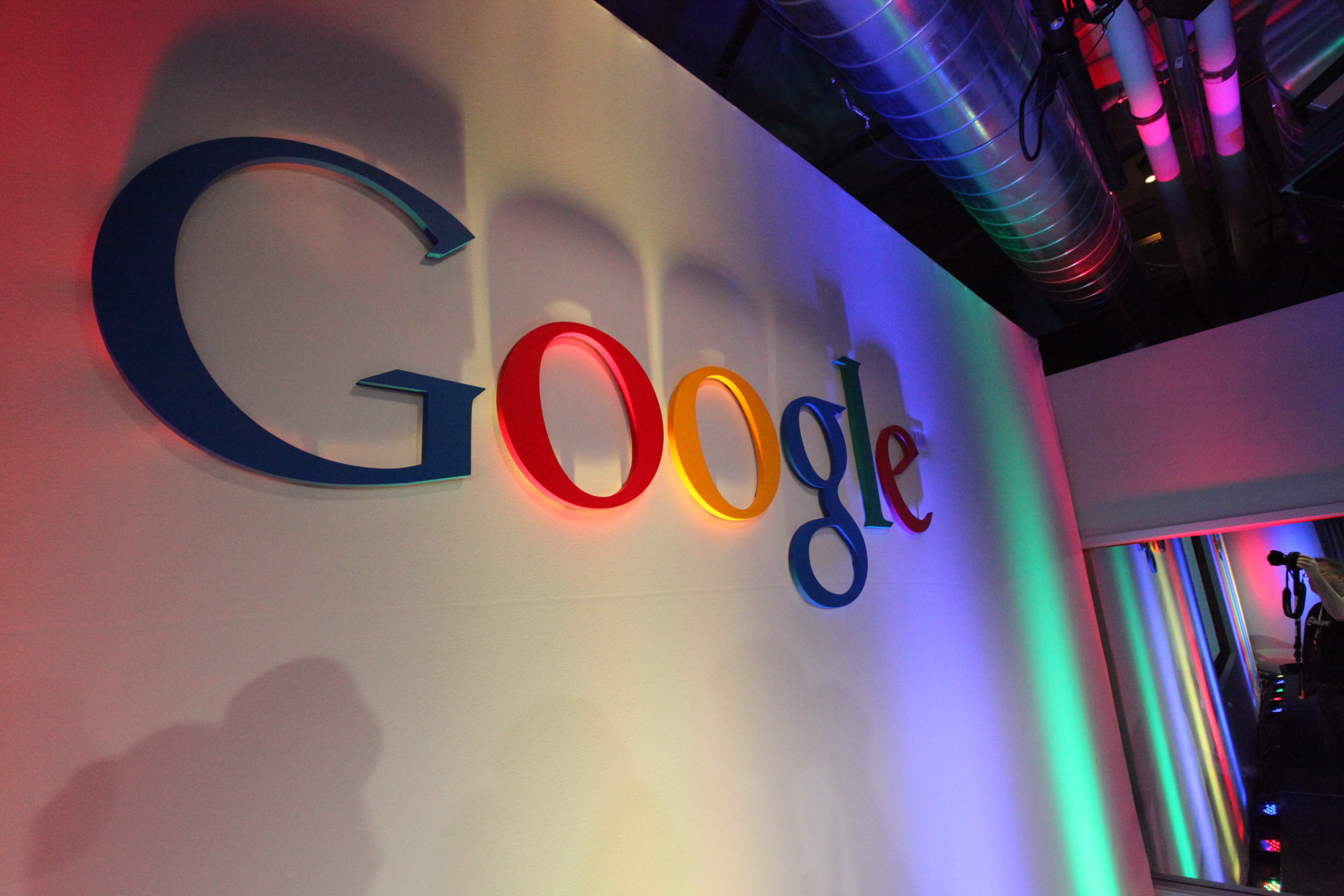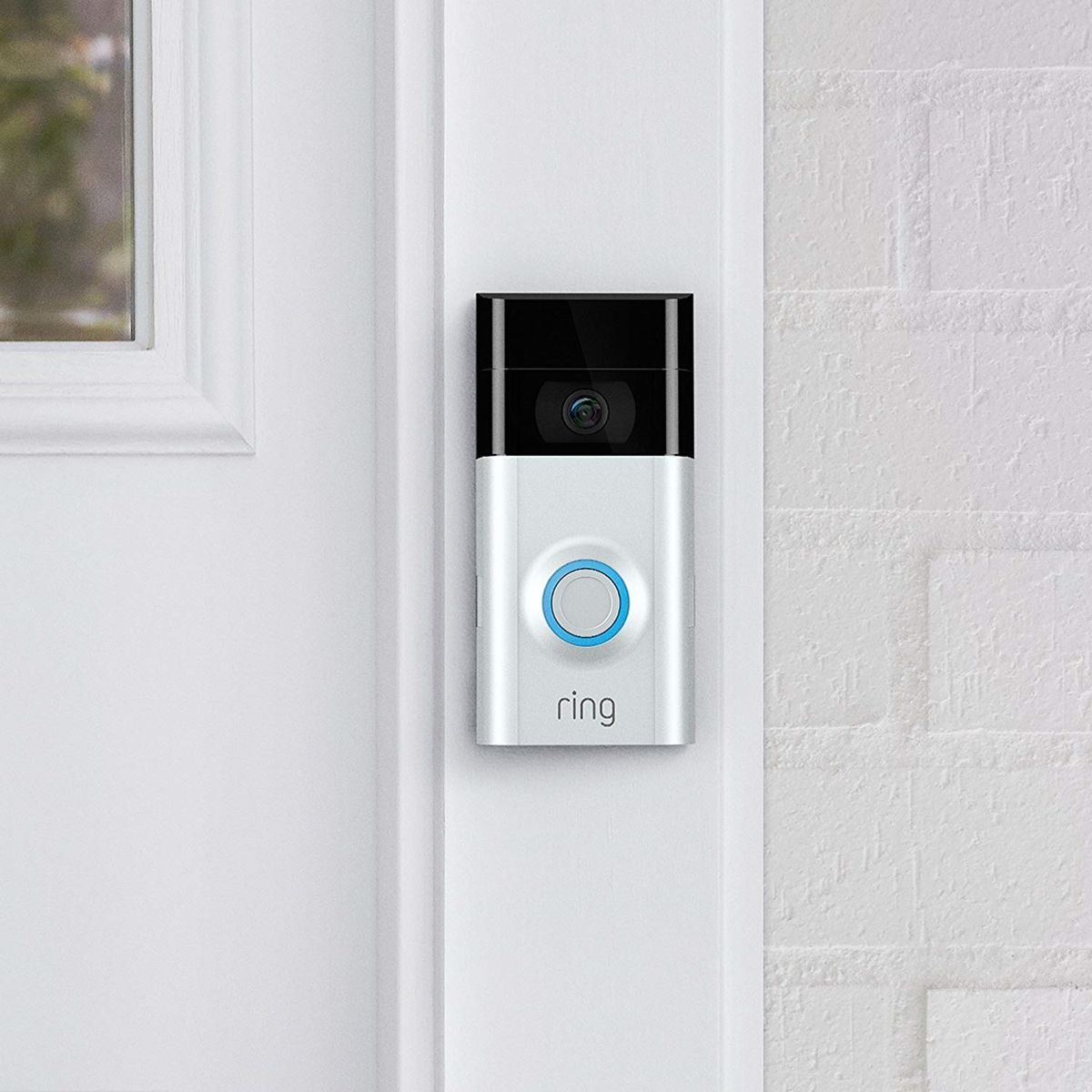
Earlier this year, the European Commission launched three antitrust charges against Google, one in regards to using Android as a ‘trojan horse’ in order to promote its own products and services. Google has now responded to two of the antitrust charges, but unfortunately, it is still mum about the Android development charge. The company has until November 11th to respond.
As for the two charges it did respond to in today’s blog post, the search giant says it’s not using the popularity of its search engine in order to promote its price comparison service, Google Shopping. Tieing into that is the promotion of Google’s ad delivery service, AdSense.
The company’s SVP and general counsel Kent Walker made the post, saying that Google’s improvements to its services cannot be considered anti-competitive when the definition of online shopping services has been drawn too narrow by the EU Commission looking into this.
The Commission’s original SO drew such a narrow definition around online shopping services that it even excluded services like Amazon. It claimed that when we offered improved shopping ads to our users and advertisers, we were “favouring” our own services — and that this was bad for a handful of price comparison aggregators who claimed to have lost clicks from Google. But it failed to take into account the competitive significance of companies like Amazon and the broader dynamics of online shopping.
Walker says because of that narrow definition, the EU fails to see that Amazon is by far the biggest reason online retailers are losing business and that the improvements that Google makes to services like Google Shopping and AdSense help drive traffic to other places, rather than favoring one particular retailer just because it’s the largest.
We then showed that our improved ads were helpful to users and merchants. We never compromised the quality or relevance of the information we displayed. On the contrary, we improved it. That isn’t “favouring” — that’s listening to our customers.
Google’s response to the Android claims will be interesting to see, but if the company is found guilty of all three of these antitrust complaints, it could face up to $3.5 billion in fines. However, according to a leaked document discovered in the Android antitrust objections, the penalty could order Google to stop offering discounts and payments for pre-installing apps on devices.









Comments